The discussion of what’s traditional in mezcal reminded me of something that I keep forgetting to write about. One of the things frequently mixed into this debate is something akin to spirituality, or at least an ineffable quality that mezcal makers or defenders of tradition describe as a critical component of what they do and how mezcal is consumed. Many people define traditional mezcal by how it’s made and how it’s consumed. The latter is usually within the pueblo, and usually as part of local celebrations whether they be weddings or the big calendar events like Dia de los Muertos. Once you actually see that in action, that cultural bond is blindingly obvious. That’s what people mean when they talk about the importance of tradition. Mezcal really is a part of the traditional life of many communities across Oaxaca and huge chunks of Mexico and that’s a big part of what Pedro Jimenez was touching on with this piece and what Erick Rodriguez is after with the proposed ancestral category.
That topic reminded me of this great article on Aeon by Ross Andersen about spirituality in wine making can become part of the physical process. As long as you relegate the comment about tossing tequila back in slugs to an uninformed or malapropos comparison, it’s fascinating reading that expresses exactly what I’ve heard from many a mezcal maker. Many of the critiques leveled at the wine industry will also be familiar to anyone in the mezcal world so give it a read when you have a few minutes. Here’s a quote:
Frederic said additives distort a wine’s terroir, its expression of a particular place on the planet’s surface. ‘Wine is the blood of the earth,’ he said, ‘and if we want to hear what it has to say, we have to be quiet.’ He told me AmByth had a philosophical commitment to non-interference in winemaking. ‘We want to avoid disturbing the natural balance,’ he said. ‘We’ve been wrecking the natural balance ever since the Industrial Revolution. And I don’t mean just the land, or the sky, or the things we can see and touch. I mean the whole.’
Frederic’s rhetoric can be traced back to German Romanticism, the seismic cultural movement that birthed Steiner’s philosophy. Like many Romantics, Steiner thought that the Enlightenment view of nature was debased. He found the lens of scientific rationality too constrictive to capture the majesty of nature. Steiner conceived of the planet, and nature itself, as transcendent – and to express this idea, he drew from the available precedents: folk art, paganism, and ancient mythology. You could say he saw himself as a Dionysus living in an age of Apollo.
On a related note check out the Hawk Wakawaka poster below that details how biodynamics functions in the wine world. That’s just the first of four posters detailing the world of biodynamics so definitely visit the site where you can even purchase a print of the posters.
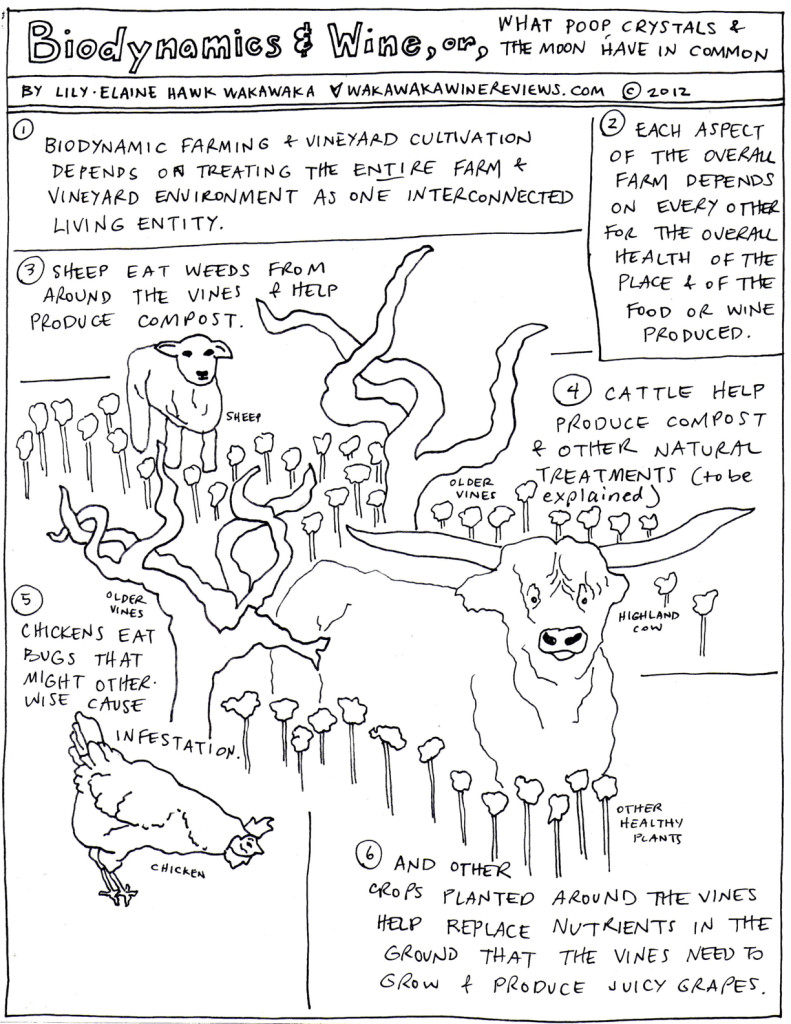

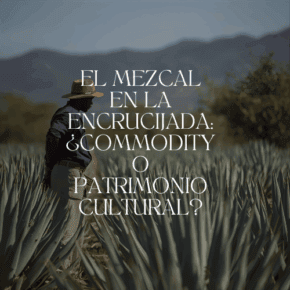
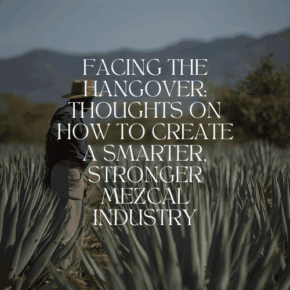
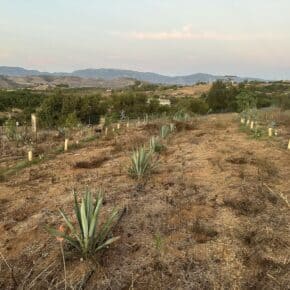
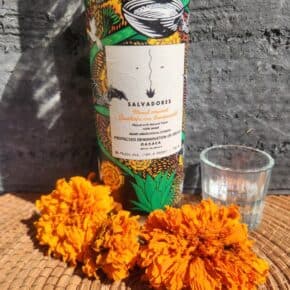







Leave a Comment